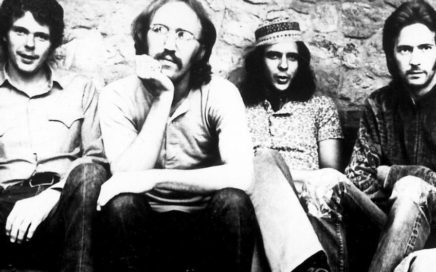
The Best Songs Often Sound Spontaneous
The more you read about The Beatles and how they put their songs together (from about “Rubber Soul” onward, at least), the more you get the sense that each component of the song was planned, calculated and thought about. Their first album, “Please Please Me,” was recorded quickly, mainly all on one day. But as […]













